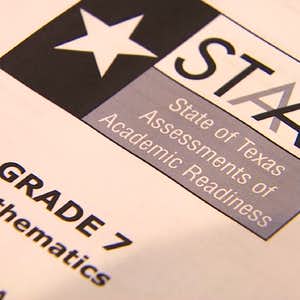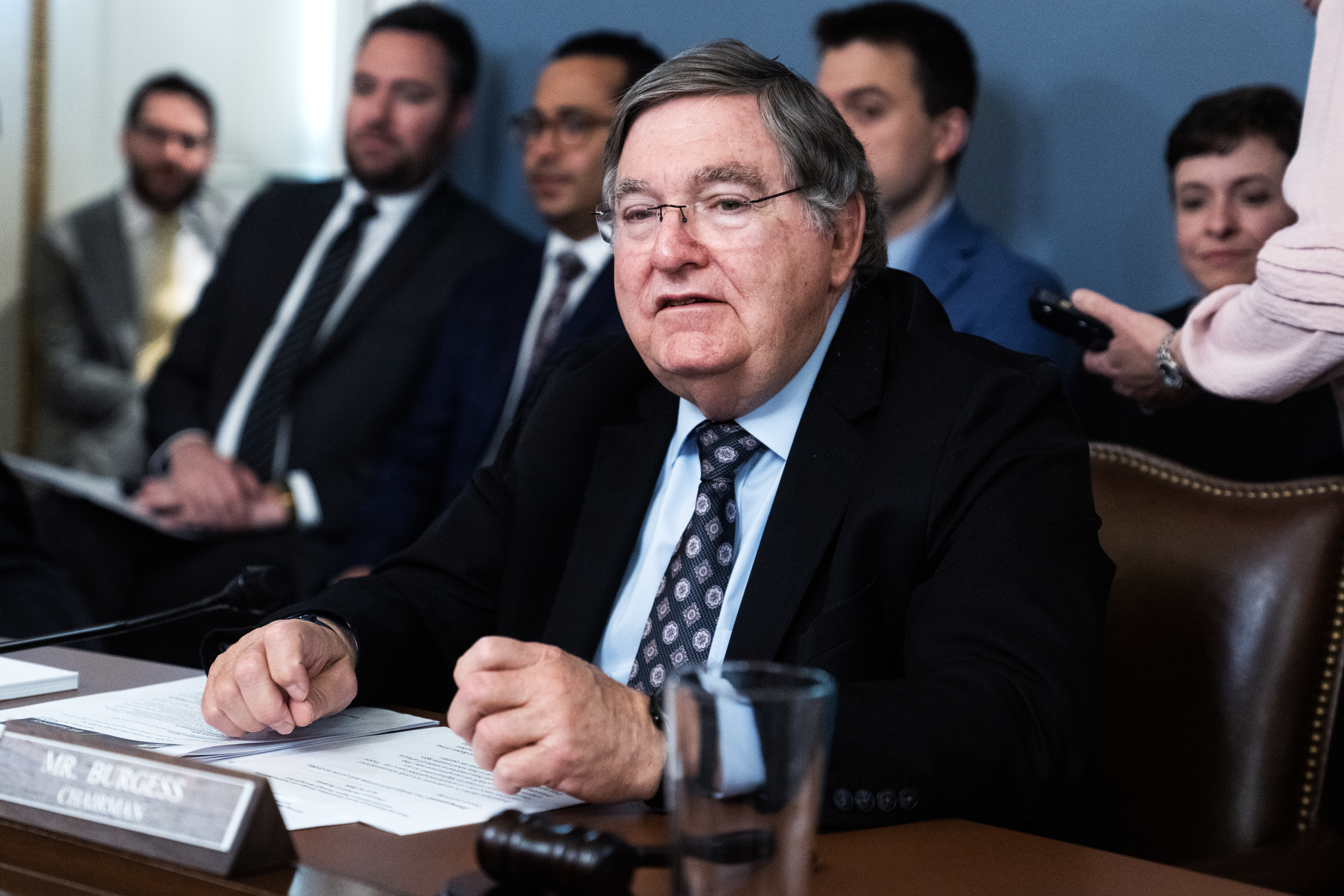In the midst of what has otherwise been a turbulent week for the Commander in Chief, President Donald Trump has traveled the nation to tout his reported $1 trillion infrastructure improvement plan.
The president is expected to visit the Transportation Department Friday and elaborate on what had been a campaign promise of his to improve the nation’s crumbling highways and bridges.
Specific details of the president’s plan have been scant to date, but the White House released a six-page fact sheet titled the 2018 Budget: Infrastructure Initiative that makes the case that the current system of the Federal government investing in non-Federal infrastructure is “not working.”
The $1 trillion figure is reached, according to the administration’s math, by investing $200 billion in federal dollars and to encourage $800 million in private investment through public-private partnerships.
Get DFW local news, weather forecasts and entertainment stories to your inbox. Sign up for NBC DFW newsletters.
One of the bullet points on the fact sheet is titled “Liberalize Tolling Policy and Allow Private Investment in Rest Areas.”
“Tolling is generally restricted on interstate highways,” the proposal reads. “This restriction prevents public and private investment in such facilities. We should reduce this restriction and allow the States to assess their transportation needs and weight the relative merits of tolling assets.”
A significant portion of highway funding, at the Federal and the state levels, comes from tax on gasoline. The Federal gas tax has remained the same since 1993. The Texas tax on gasoline has not changed since 1991.
Local
The latest news from around North Texas.
In 1991, the estimated population of Texas was 17.4 million people. In 2017, Texas has approximately 27.47 million residents. And the State of Texas estimates that approximately 1,000 people move to Texas every day. The added population puts a continuous and growing strain on the highways of the Lone Star State, which leads the nation with more than 79,000 miles.
In 2015, Texas voters approved a ballot measure that changed the way the state allocates tax money to fund highway improvements. According to the Texas Department of Transportation website, Proposition 7 was a constitutional amendment “to dedicate portions of revenue from the state’s general sales and use tax, as well as from the motor vehicle sales and rental tax to the State Highway Fund for non-tolled projects.”
Several recent highway expansions in North Texas have been funded, in large part, by TxDOT forming a partnership with Cintra, a private developer of toll roads. Those projects include the widening of Interstate 635 in north Dallas and the North Tarrant Express project in Tarrant County. Both projects include tolled TEXpress lanes in the center of the highway.
This spring, the Texas House voted down a bill that would have philosophically aligned with the President’s plan. House Bill 2861 would have allowed TxDOT to partner with private companies and use tolls in an effort to fund several highway projects in the state, according to the Texas Tribune.
Opponents of toll projects in Texas applauded the efforts of the legislature and expressed concern about the President’s approach.
"Trump's infrastructure plan is like Rick Perry and George W. Bush round 2. Been there done that,” said Terri Hall, Founder and Director of Texans for Toll-free Highways. “Texans don't like privatized toll roads and such contracts represent corporate welfare and cronyism. President Trump promised to drain the swamp and public private partnerships & toll roads put out a welcome mat for both.”



